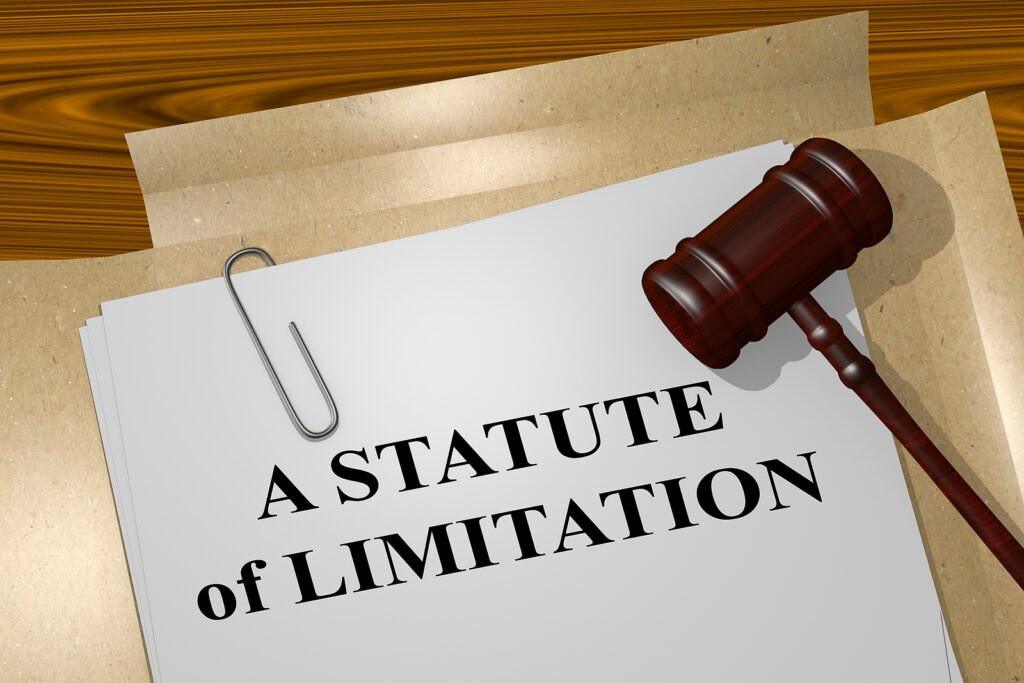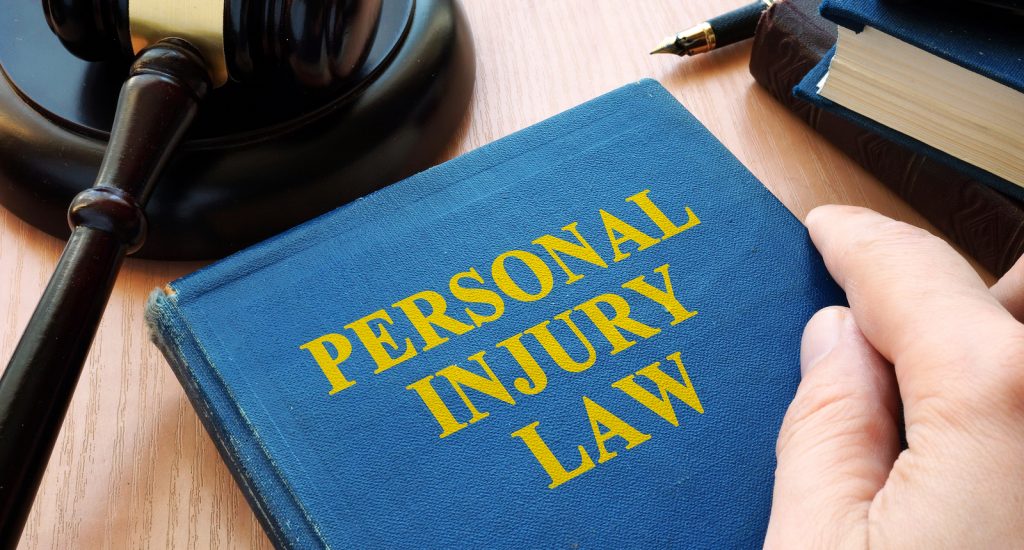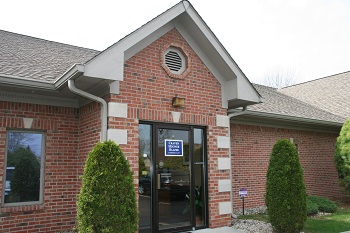Whether you are a victim of libel, slander, or injury, it is in your best interest to learn how much time you have to bring about a claim against the at-fault party who caused your damages. This time period is known as statute of limitations, and here in the Hoosier state, they can differ depending on the type of accident or injury.
For now, continue reading to review the common Indiana civil statute of limitations, and learn where to get the most trusted legal advice for your personal injury claim in Indianapolis.

Civil Statute of Limitation Laws in Indiana
Victims of personal injuries or torts, including next of kin and immediate family members who have lost a loved one because of a wrongful death accident, must file their personal injury claim or civil action against an at-fault party within a set period of time. This deadline is known as the Indiana statute of limitations.
For most personal injury cases, the Indiana statute of limitations is two years. In fact, most states have a similar statute of limitations for most civil actions and tort cases. But for other types of accidents and injuries in Indiana, the statute of limitations could be as high as 20 years or as low as six months.
Here are some of the most common types of civil action cases, as well as their statute of limitations:
► Injury to a Person – 2 Years
► Libel/Slander – 2 Years
► Professional Malpractice – 2 Years
► Fraud – 6 Years
► Trespassing – 2 Years
► Harm to Personal Property – 2 Years
► Collection of Debt on Account – 2 Years
► Collection of Rent – 6 Years
► Contracts – 10 Years Written, 6 Years Oral, 2 Years Employment Agreements, 6 Years Payment of Money
A Possible Exception Could Be the Discovery Rule
Many states have some form of a “discovery rule” exception to their statute of limitations, which extends the filing deadline for making a personal injury claim under very specific circumstances. This discovery rule extension is generally granted when a personal injury victim did not know about their injuries until after the statute of limitations expired, who was responsible for the accident until after the statute of limitations ran out, or that the suspected liable party’s actions may have caused their injuries until after the statute of limitations expired. This is common in medical malpractice cases.
Governmental Defendants
If the defendant is a governmental agency your time limitations for making a claim are significantly reduced. A Tort Claim Notice has to be sent to the possible governmental defendant in less that 6 months in some circumstances.
Why You Need to File a Claim ASAP
Because Indiana does have statute of limitation laws for civil actions and personal injury claims, it is important to act fast on your claim. The clock begins to take as soon as your accident takes place, so be sure to contact Indiana personal injury law firm as soon as you have been medically stabilized. They can take on all elements and aspects of your personal injury case from that point and ensure that you obtain the maximum settlement or verdict for your claim.
Not sure which personal injury law firm in Indiana trust for the best representation? Contact the Law Office of Craven, Hoover, and Blazek P.C. at 317-881-2700 to speak with a seasoned Indianapolis IN accident attorney you can trust. We represent clients all throughout Indiana, and offer free initial case evaluations over the phone, via online video, or in person.
You Should Also Read:
Is There Still Time to File My Indiana Personal Injury Claim?
Can a Personal Injury Statute of Limitations Be Extended?
Qualities to Look For When Choosing a Personal Injury Attorney




